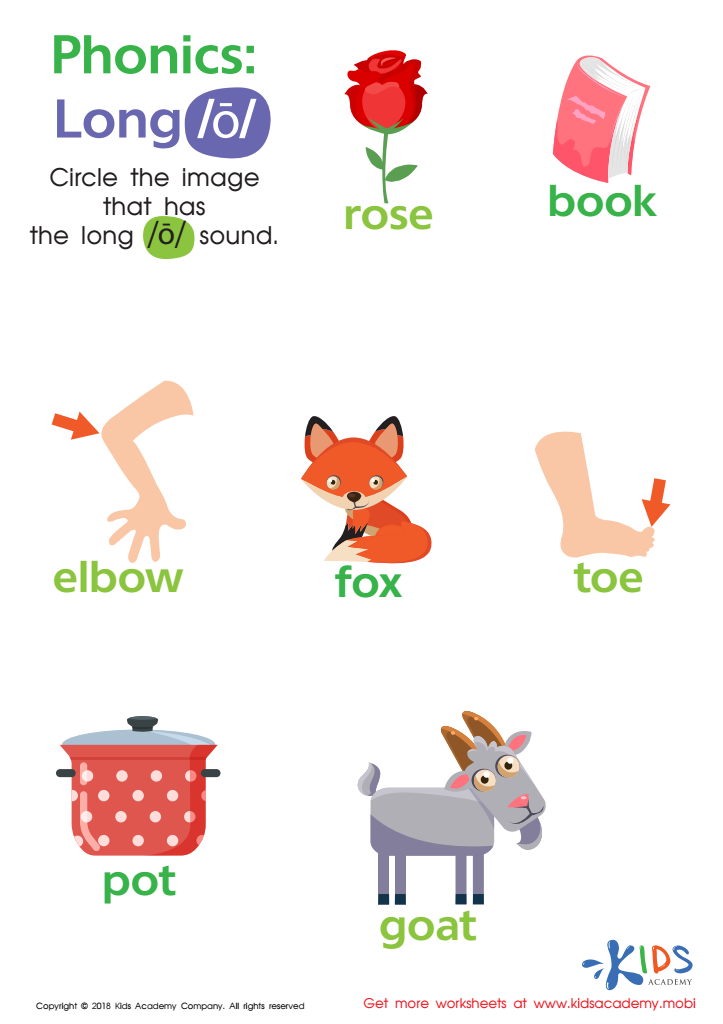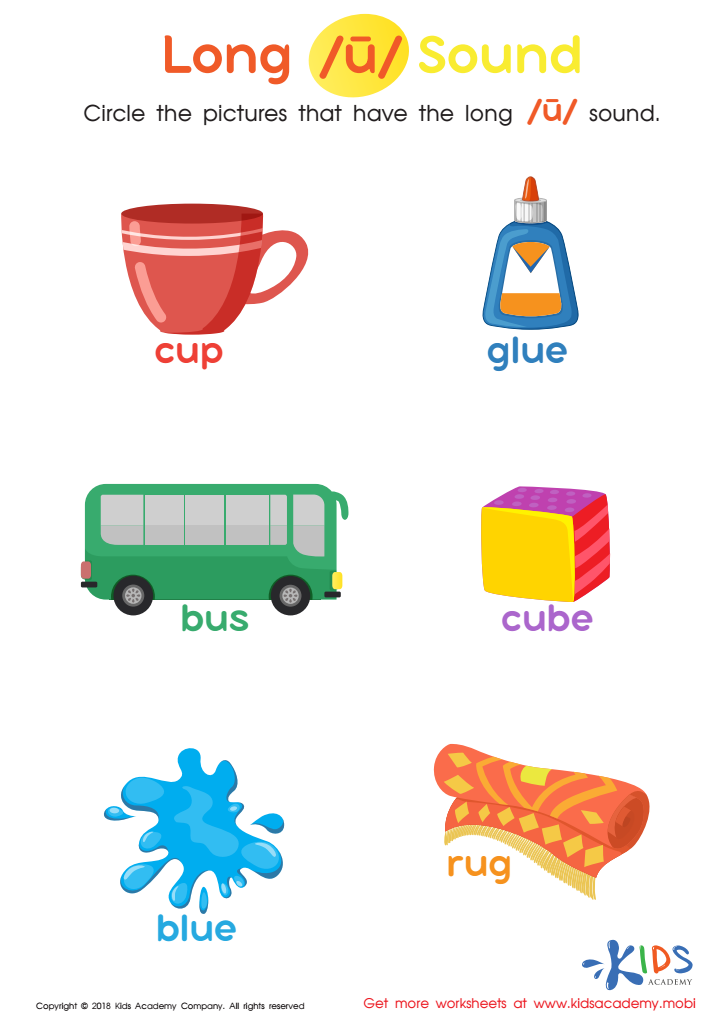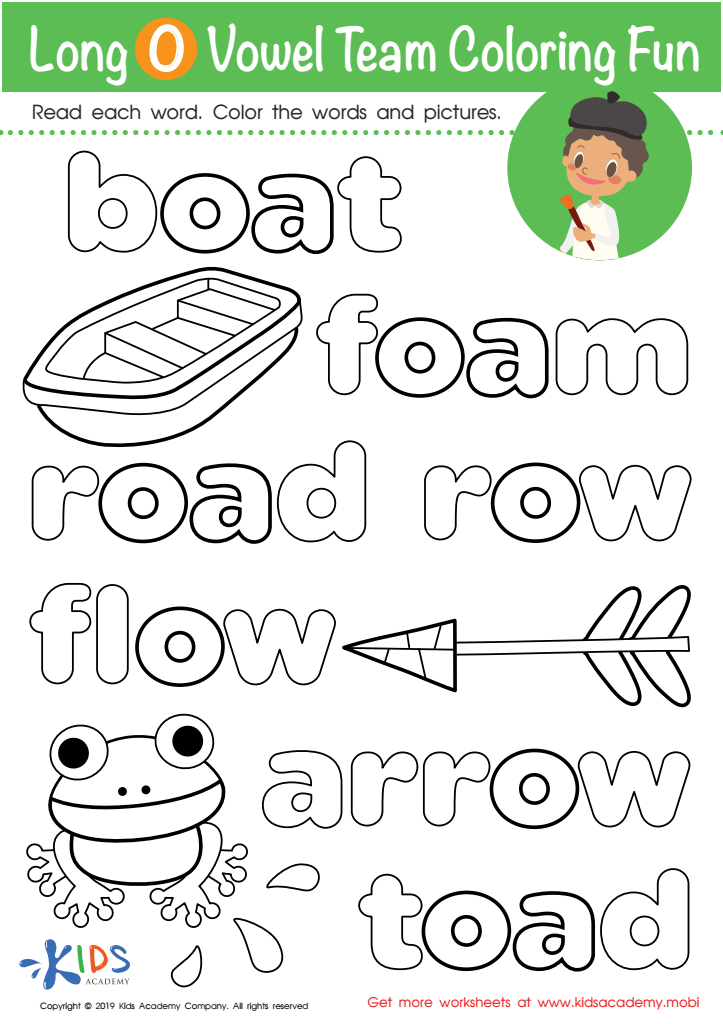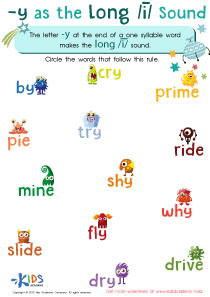Phonics Skills Normal Vowel Team Worksheets for 6-Year-Olds
5 filtered results
-
From - To
Our "Phonics Skills: Normal Vowel Team Worksheets for 6-Year-Olds" offer comprehensive, engaging activities designed to enhance early reading proficiency. Focused on commonly occurring vowel pairs such as "ea" and "oa," each worksheet fosters essential phonics skills by providing practice with word recognition, sound blending, and pronunciation. These fun-filled exercises support young learners in decoding and spelling, ensuring they grasp the nuances of vowel team sounds. Perfect for home or classroom use, our worksheets are ideal for reinforcing foundational literacy skills in a structured yet enjoyable format, making learning an exciting adventure for your 6-year-old.


Phonics Long O Reading Worksheet


Long «u» Sound Worksheet


Long and Short Vowel Sentences: Assessment Worksheet


Long and Short E Worksheet


Long O Vowel Team Coloring Worksheet
Phonics skills, particularly understanding normal vowel teams, are crucial for 6-year-olds as they lay a foundational element for proficient reading and writing. At this age, children's brains are highly receptive to recognizing patterns in language. Normal vowel teams, such as "ai" in "rain" or "ea" in "bread," teach children that certain letters, when combined, produce specific sounds. This helps demystify the complexities of the English language, fostering more effortless and confident reading.
For parents and teachers, focusing on normal vowel teams can significantly improve a child’s early literacy skills. When children can decode words effortlessly, their reading fluency improves, enabling better comprehension. Comprehension is essential for learning across all subjects; thus, mastery of phonics impacts overall academic achievement.
Moreover, children who have strong phonics skills tend to develop a love for reading, boosting vocabulary and imagination. It also builds their confidence, encouraging them to tackle new words and books independently. Early intervention with phonics can identify and support struggling readers, ensuring no child falls behind. By prioritizing phonics and normal vowel teams, parents and teachers invest in a crucial aspect of children's education that will benefit them lifelong.
 Assign to My Students
Assign to My Students
















